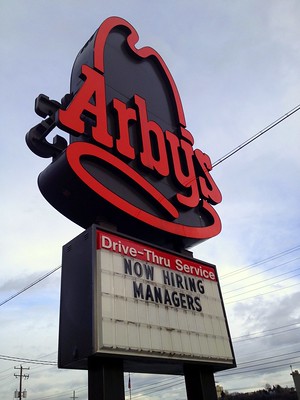Community colleges around the nation are telling similar stories. For most institutions, the pandemic produced significant declines in enrollment. While some previously enrolled students “stopped out,” many schools lost first-generation college students, students from low- and middle-income households, minority students and adult learners. Recovering students lost to COVID-19 must become a top priority as we emerge from the pandemic.
Heaps of institutional data show that most people who put off post-secondary education never enroll. For these people, COVID-19 will be more than an interruption. It will define where they live and work, how much they earn, and their access to healthcare.
It will not only impact their own educational attainment, but also that of their children. The impact of this decision will also have a lasting effect on the community, making it more difficult to break the cycle of poverty. In the longer term, it will increase their likelihood of relying on public assistance programs. In 2018, individuals whose highest educational attainment was a high school diploma headed 28% of the US households that received public assistance. 13% of those households participated in subsidized school lunch programs. 12% of those households received food stamps, and 4% received housing assistance. In the longest term, it will reduce or eliminate people’s ability to save for retirement.
Recovering students lost to COVID-19 is urgent. Identifying and recruiting these students into vocational or occupational programs is likely their best opportunity to avoid economic disaster. Federal relief funds for higher education institutions cannot fund student recruiting. But institutions like Washtenaw Community College must find money to develop effective outreach campaigns to recover students left behind by COVID-19.
Reversing our COVID-19 losses
This is the purpose of a community college. It is why Washtenaw County taxpayers authorized and built WCC. The Board of Trustees should not misappropriate our educational resources to fund employment programs for executives. They should not gamble countywide occupational and vocational dollars on “investment opportunities” like the Health and Fitness Center. They should not fund useless construction projects that have little hope of attracting new students or meeting a recognized community needs.
For too long, the WCC Trustees have ignored the needs of the community to satisfy the demands of the College administration. The pandemic has laid bare the challenges the most vulnerable members of our community face. Continuing to divert resources away from the College’s primary mission in these circumstances is unacceptable.
Photo Credit: Joe Wolf, via Flickr

























